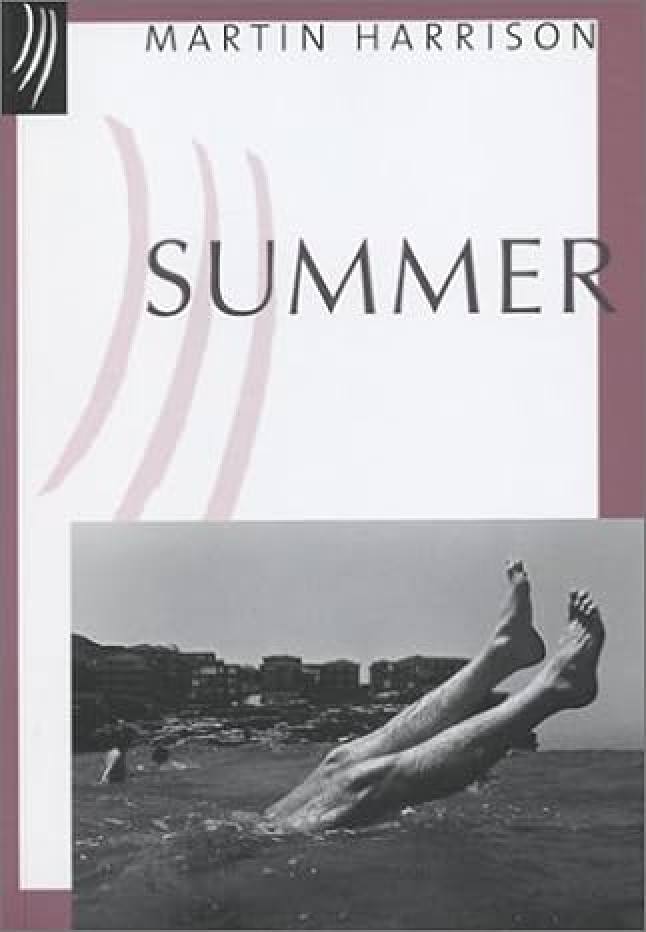
How poet Martin Harrison found beauty in the mundane, creating ‘profoundly riveting’ works that changed a Hong Kong poet-professor’s life
- Martin Harrison was renowned for his poetry’s highly perceptive metaphysical observations of natural phenomena and detailed focus on the nature of selfhood
- Hong Kong poet Belle Ling explains how his 2001 collection Summer left her ‘awestruck’ and opened up possibilities for her to think about her own poems
Anglo-Australian poet, journalist, radio producer and academic Martin Harrison was renowned both for his poetry’s highly perceptive, metaphysical observations of natural phenomena and for its detailed focus on the nature of selfhood; “Summer” (2001) is one of his best known collections and a critical favourite.
Award-winning Hong Kong poet Belle Ling, who is also an assistant professor at the University of Hong Kong, tells Richard Lord how it changed her life.
I first met Martin Harrison during my master’s studies at the University of Sydney in 2008. Back then, I was a newbie in creative writing. I was still searching for my voice – and still am – with my creative vision evolving.
I was exploring different literary genres, such as fiction, children’s literature, poetry, screenwriting and creative non-fiction. Martin was my teacher in the poetry workshop. He would walk into the classroom limping. He had a very humble and down-to-earth demeanour.

Martin introduced us to what poetry meant to him. He had a unique magnanimity towards theories and philosophies. He would talk about how poetry is often about our pre-linguistic sense of the world – that is, how poetic language touches upon human intuition and the impulsive sensitivities of the body before our mind nails down any meaning.
It was the first time that poetry, I found, could be related to more than merely language; or even that language could be so porous, so visceral. I recently reread Martin’s poems, which are still, to me, profoundly riveting.
It seems that throughout our life, to capture its everyday qualities is to let ourselves be captivated by paradoxes. This has become my interest in poetry.
Martin was always such a deep poet-philosopher. He was a contemporary writer who could lead me into thinking and rethinking, reflecting and meditating upon what the radiant yet-to-be, the perpetual beyond and the constantly fleeing in-between are.
All these transcendent moments, not quite fitting into our routine measurement of space-time, are similar in his poetry to the visceral repercussions struck up by the spontaneity exercised upon the imagery, the metaphors and the philosophical ideas.
I still remember the first book of his that I read: Summer. I was immediately awestruck by the first poem in it. Bearing the same name as the book, the poem gives an insightfully detailed portrayal of a hotel’s swimming pool and its surroundings – from last night’s mosquitoes, a lollipop stick and a slight echo from the pre-traffic to an image of a dream, a traveller’s skydive, imaginary bodies on the empty white recliners, visitors’ glucose drinks.
Martin never fails to give voice to his observation of everyday life.
It is such an adventurous and bold exploration of the quotidian that his poetry very fruitfully opens up possibilities for me to think about my own poems – how, on one hand, I am encouraged to go as far as possible to dig deep into the mundanity; and on the other, I am reminded of how poetic spontaneity about the mundane can be provokingly beautiful.

